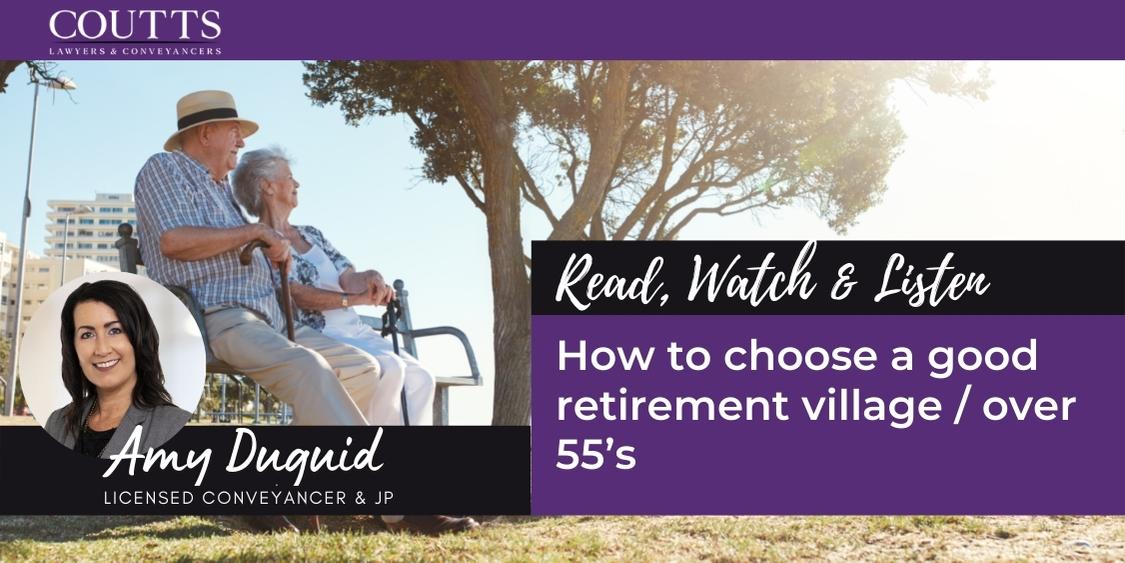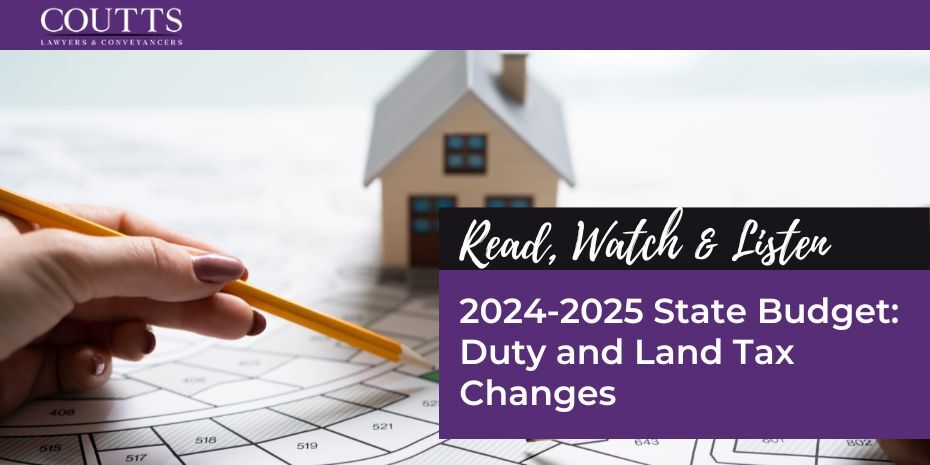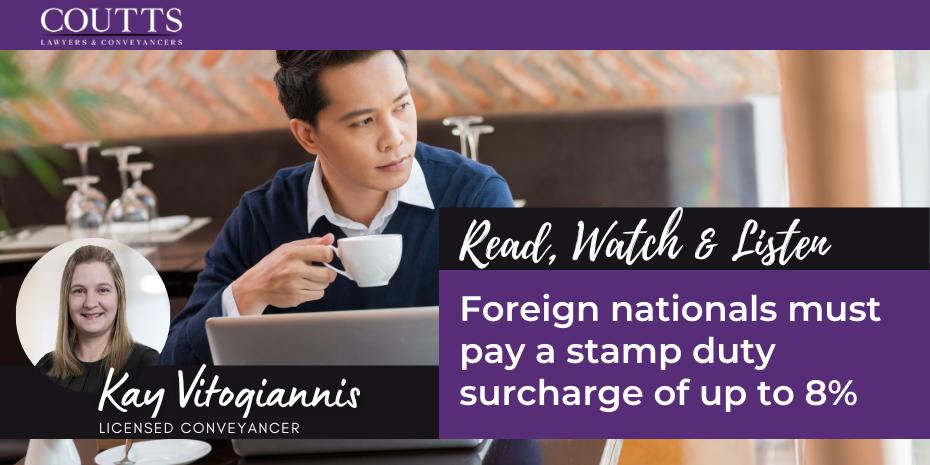KEY TAKE-OUTS:
- There are many ways of owning or leasing a Unit in a Retirement Village and explained below are brief explanations and how these might affect you.
- Unlike your own family home, you will usually just be leasing the premises and paying monthly charges for the use of the Village facilities and the day-to-day running of the Village.
What is a retirement village?
A retirement village is a residential complex mainly occupied by people aged over 55, which is sometimes why it is referred to as over 55’s living. Most people that decide to go into a village is for the purpose of downsizing and reducing the gardening and maintenance their current home requires. Generally, the village operators are responsible for maintenance and repairs of the community areas which takes a lot of pressure off the residents, allowing them to still enjoy life with less responsibility.
Will I own my unit in the retirement village?
There are many different ways of owning/leasing a unit in a retirement village, so it is important to have a conveyancer or solicitor look over your documents and explain the terms and conditions of your new premises together with the rules for living in the village.
What are my options for moving to a retirement village?
When it comes time for you to start inspecting or researching retirement villages, you may wish to look into some of the following:
The ownership Structure- Most importantly, what type of arrangement the village has in relation to ownership or non-ownership of the premises. They are briefly described as follows:
Leasehold – This is where the village operator owns all of the units in the complex and you as a resident, sign a Lease, usually for a term of 99 years and it would then be registered with the NSW Land Property Services.
Loan or Licence agreement – A loan agreement or licence agreement. A Loan agreement is, in very simple terms, you loaning the village money which for the purpose of the Retirement Village Laws is your ingoing contribution/entry fee. The interest free loan is made to the village and is repaid to you when you vacate, after payment of the departure fees have been deducted. A Licence Agreement is a less formal agreement between the village and the resident in relation the occupation of the premises.
Company Title – In this case, which is quite rare, the complex/village is owned by a company and you would purchase shares in that company at market value which gives you right to occupy the Unit. In this case the Board of Directors manage the operating and decisions in relation to the complex.
Rental – Not as many Villages offer this option but is generally very similar to a private residential rental where you pay an upfront bond, weekly rental fee and water usage.
Strata or Community Title – If the property was Strata Title of Community Title, you would pay a purchase price to own the Unit (as opposed to leasing). You would still be paying monthly charges to cover the running costs of the village. Unlike company title, you do become a member of the strata or community corporation.
How much does it cost to live in a retirement village in Australia?
The cost of living in a Retirement Village is usually quite different to the way in which you would have owned your family home and certain research should be made into these costs.
- Up front cost of moving into the Village which is usually referred to as an ingoing contribution or an entry fee.
- Recurrent charges which are paid monthly and cover the costs involved with the day to day running and ongoing costs of operating the village. The Village operator will inform you of what amount the recurring fees are and the agreement/lease will refer to an increase of the fees and when they will be. It is important to know that you will be able to afford to live in the village comfortably when the recurrent charges increase.
- It is important to check what the departure (exit) fees are when it comes time to vacate as these are calculated differently. They can be calculated based on the period of time you have been in the Unit or/and what the new entry fee is (the price that the person after you will pay).
- Is the Unit self -contained or serviced. This will depend on whether you still wish to maintain your independence or whether you require assistance. It is also wise to check and see whether the village offers higher care options in the event that your needs and abilities change.
Can you have pets in retirement villages?
- Such a popular one asked by our clients is can they take their pet/s to the village with them. This will be specified in the documents issued by the Village’s Solicitor. In most cases you would need to complete a pet register form and seek approval, however a cat, a small dog or bird are generally not refused, provided they are inside animals and will not be roaming the village. There may be some village’s that do not allow pets at all so of you wish to take your fur babies with you, be sure to ask the question.
What services and facilities does the retirement village provide?
- What services and facilities are provided at the Village and do they suit your needs? As these are the items that are usually covered in your recurrent fees. Work out what is important to you, whether it be a swimming pool, dining room, village bus, gym or it be as simple as arts and crafts in the community centre. Some villages arrange for pharmacy prescriptions to be delivered, some have a hairdresser or podiatrist visit the village on certain days. These are known as optional services that the village make available to the residents and would usually be charged on a ‘user pays’ basis.
- In the event the facilities you require are not at the village, are they nearby?
- What is included in your premises? Some Units in villages have an emergency call system/button, is there a garage, a carport, a courtyard, your own garden, and are there any other inclusions like a microwave or washing machine?
Will the retirement village allow you to refurbish or renovate your home?
- The agreement usually specifies whether you are allowed to alter or renovate your premises and it should be known that when it comes time to vacate, whether you will be required to remove items that you have added in order to have the premises back returned to the condition it was when you first occupied the premises, or do they stay for the next resident.
- What items are required to be maintained and repaired by you and what the village is responsible for.
Can you have guests in the retirement village?
- Whether the village will allow you to have a visitor stay overnight or for an extended period of time. This is not usually an issue, provided you let the village operator know.
Retirement village insurances and services
- You will need to know what the village insurance covers and what you are responsible for.
- Consider whether you must pay for the electricity, gas, water, phone and internet supplied to your premises.
Most of all, could you see yourself loving your new home in the Village?
What is the settling period when moving into a retirement village?
The great thing with the Villages, is that you are entitled to a 90-day settling in period, which means that if within that time period, you decide that the Village is not for you, you have the right to notify the village and vacate the premises and have your ingoing/entry payment refunded. You should not be charged an exit/departure fee, although, this depends on the agreement you originally signed. You will, however, you will be required to pay market rent for the period that you occupied the premises, administration charges and any damage made to the property.
Looking forward to assisting you with the legal process involved and ensuring that the Village suits your needs.
ABOUT AMY DUGUID:

Amy joined the Coutts Lawyers and Conveyancers team in 2020 as a Licensed Conveyancer and Justice of the Peace in our Camden office. She was born in Camden and has been based in Camden most of her working life, therefore has created strong personal and working relationships in the local community and enjoys giving back to her hometown.
Amy brings 20 years of conveyancing experience to Coutts and is dedicated to guiding her clients throughout the selling and buying process.
For further information please don’t hesitate to contact:
Amy Duguid
Licensed Conveyancer & JP
info@couttslegal.com.au
1300 268 887
Contact Coutt Lawyers & Conveyancers today.
This blog is merely general and non specific information on the subject matter and is not and should not be considered or relied on as legal advice. Coutts is not responsible for any cost, expense, loss or liability whatsoever in relation to this blog, including all or any reliance on this blog or use or application of this blog by you.



